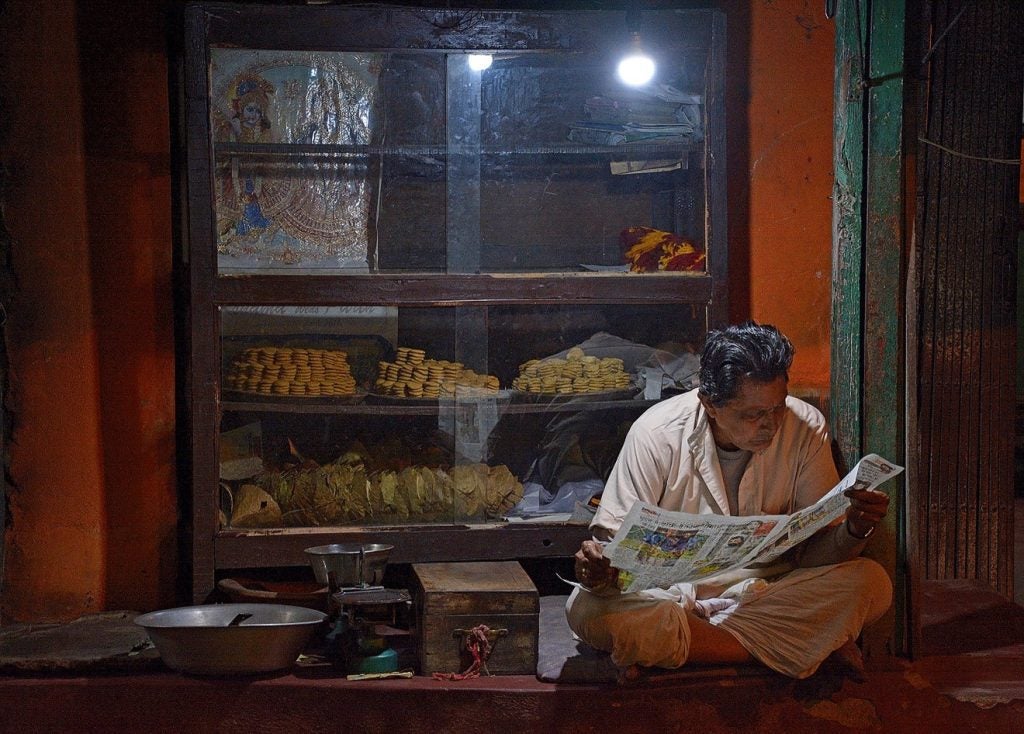Author Discusses Calcutta Food Evolution Over 250 Years

By Puja Shanbhag
On March 30, 2023 the India Center hosted a virtual discussion with author Nilosree Biswas about her book Calcutta on Your Plate, which discusses the rich history of Calcutta’s food evolution spanning 250 years and how it ties to its complex political, cultural and social history. The discussion was moderated by Orlando Weekly restaurant critic Faiyaz Kara.
The discussion started with an exploration into how food habits originate in the first place, with Biswas stating that food trends often stemmed from geographic locality. Calcutta is a coastal city which has a bountiful and thriving agriculture and coastal access, so it was an easy place for other food cultures to establish and grow as well.
Biswas and Kara also traversed the topic of Bengali identity and how that is often tied back to food. Food identity is generally viewed as a more fluid concept, less based on strict geographical and culture bases, as the most popular and enduring foods in Calcutta, aside from the basic rice platters, are Biriyani and Indo-Chinese food, both of which have origins outside of Kolkata.
From there, Kara and Biswas began to unravel the rich history of the food culture in the city, starting with the exiled ruler Nawab Wajid Ali Shah, who was a known connoisseur of the arts and other fine things. He sought to transform Calcutta into a second Lucknow with his influence, as well as the 500-700 people that followed him in his exile. His entry into the city fit well as Calcutta was seen as something of a “party city” and through these parties, festivals and other forms of entertainment, food trends passed from the upper class all the way down to the working class.
Biswas also delved into the history of coffee and tea in Calcutta, and how it was often linked to political movements as the East India Company marketed tea aggressively in Calcutta and all throughout India. It was picked up because it was an easy meal replacement for workers in all facets of the city. While the people picked up the habit of drinking tea, Indian revolutionaries continued to protest the beverage, stating that it should be avoided for anyone who wanted India to be independent. Along with that, Kara and Biswas explored the idea of true authenticity within the food discussed in the book and how it correlated with Calcutta’s food as it was influenced by so many external forces. In the end, Kara and Biswas concluded that authenticity is also a very fluid term that often depends on individual experiences.
Watch the full discussion here.
